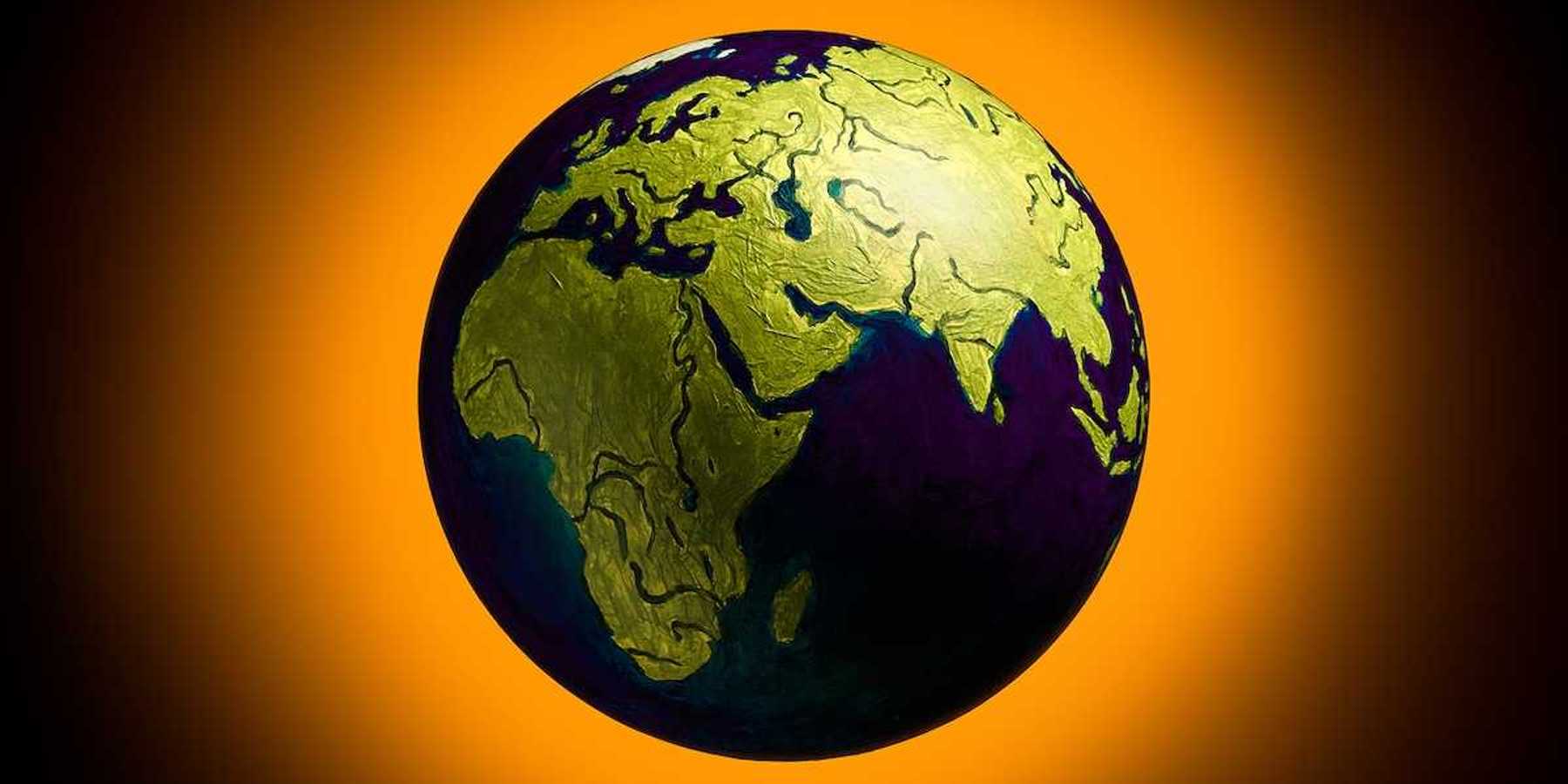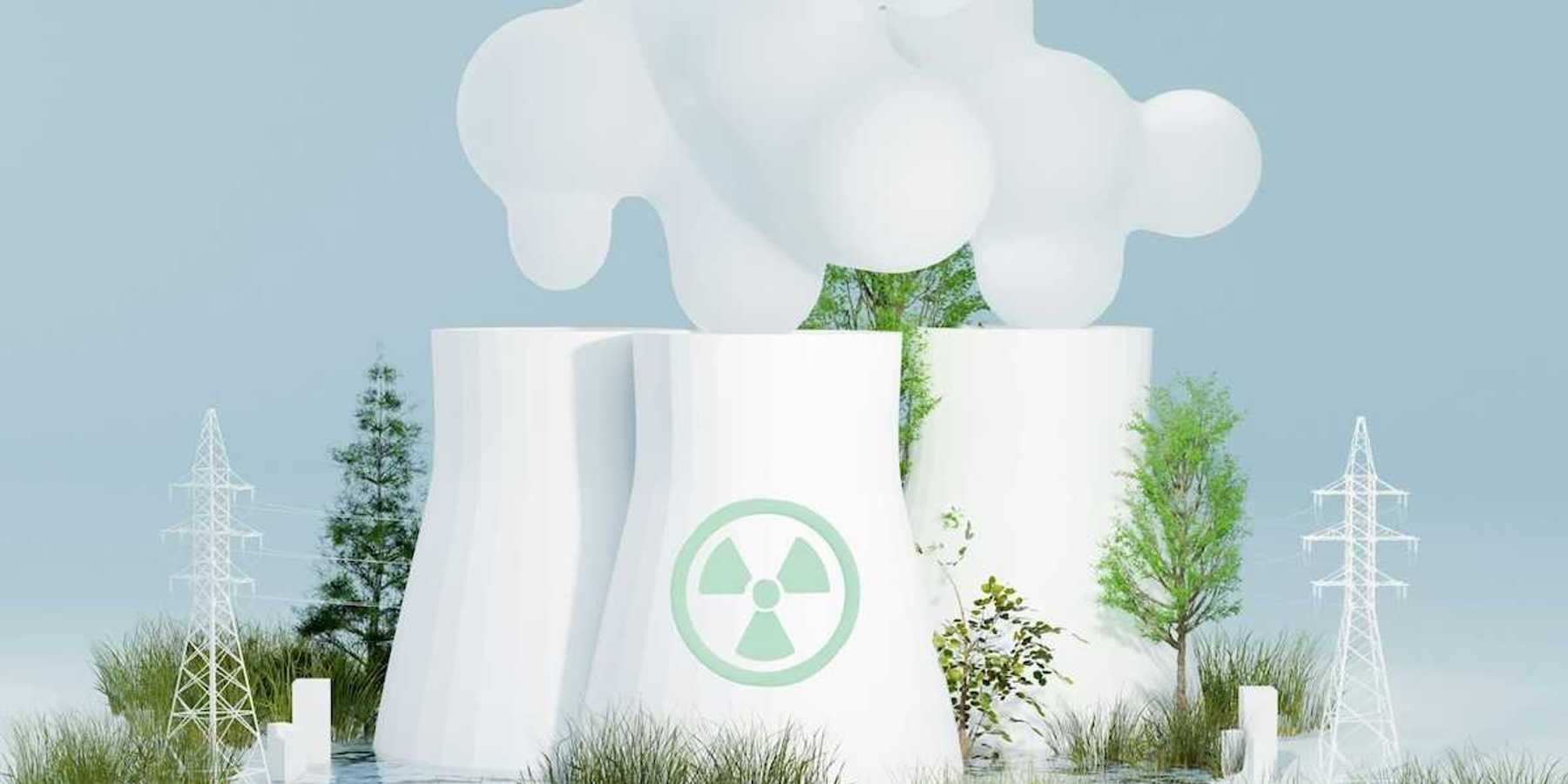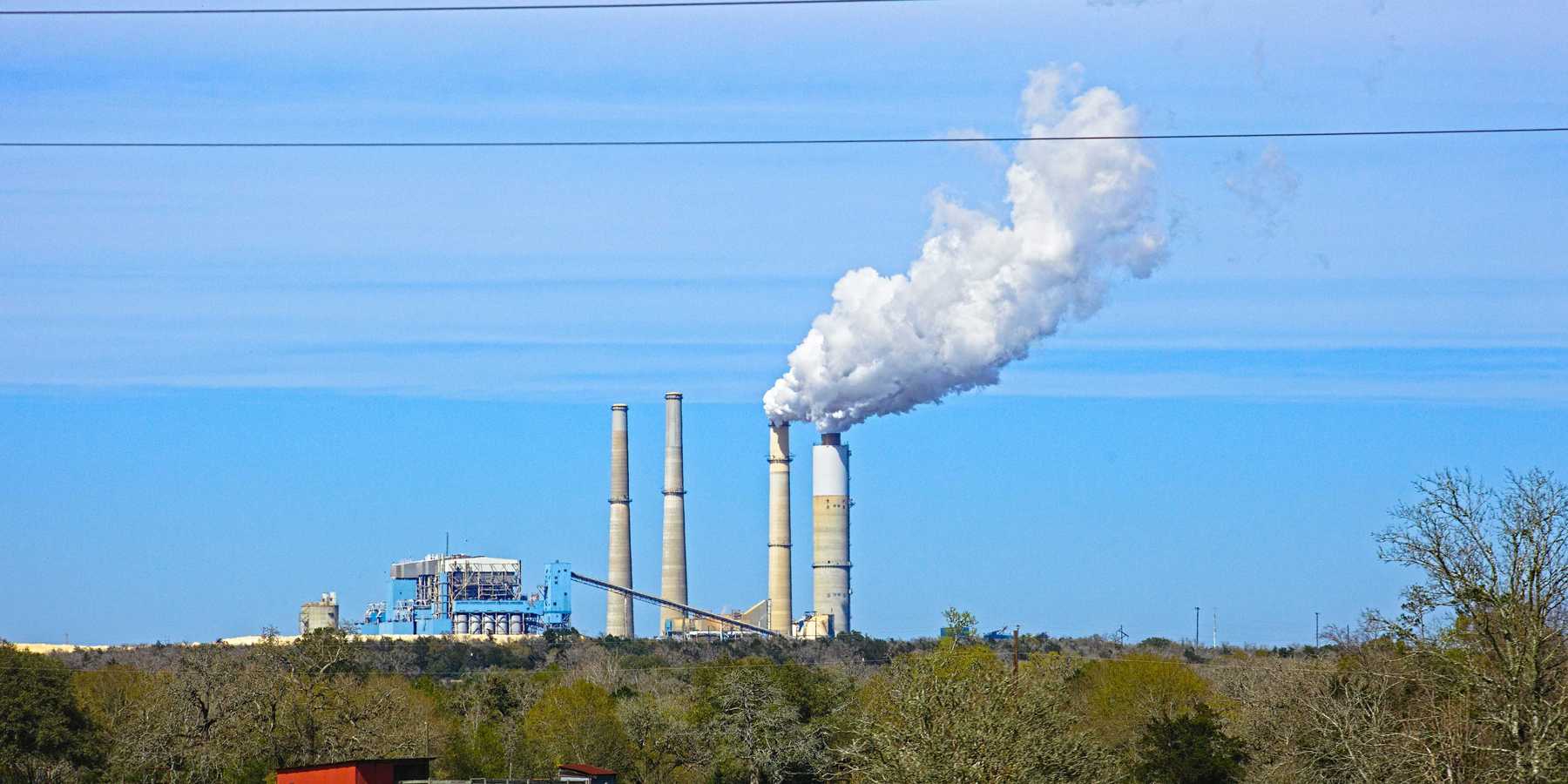Fracking chemicals and kids' brains don’t mix: Study
New report highlights the dangers for children living near fracked oil and gas sites.
Multiple pollutants found in the air and water near fracked oil and gas sites are linked to brain problems in children, according to a science review published today.
Researchers focused on five types of pollution commonly found near the sites—heavy metals, particulate matter, polycyclic aromatic hydrobcarbons, BTEX and endocrine disrupting compounds—and scrutinized existing health studies of the compounds' impacts to kids' brains.
"Early life exposure to these air and water pollutants has been shown to be associated with learning and neuropsychological deficits, neurodevelopmental disorders, and neurological birth defects, with potentially permanent consequences to brain health," the authors wrote.
What they didn't find is as important as what they did find: while more than 1,000 studies have looked at health hazards from unconventional oil and gas drilling, none have focused specifically on the brain health of children near the sites.
"Many of us looking are looking at what's happening now and then we're going to revisit this to see what these exposures are doing to people," said Madelon Finkel, a professor of clinical healthcare policy and research at Weill Cornell Medical College who was not involved in the study.
"Unfortunately, we are just waiting to see what happens, it's really sad," she added.
Lead author of the new study, Ellen Webb of the Center for Environmental Health, said the research on children's health near oil and gas sites is "slowly emerging" but that "it's only reasonable to conclude that young children with frequent exposure to these pollutants would be at high risk for neurological diseases."
Since the mid-2000s, as extraction techniques such as fracking became more widespread and refined, oil and gas drilling has taken off. The FracTracker Alliance—a renewable energy advocate organization that studies and maps oil and gas development —
estimates there are about 1.7 million active oil and gas wells.
Webb and colleagues said regulators should increase setback distances between oil and gas development and places where children live or play. They recommend at least a mile "between drilling facility lines and the property line of occupied dwellings such as schools, hospitals and other spaces where infants and children might spend a substantial amount of time."
They also recommend more research on low level, chronic exposure, mandatory testing of industrial chemicals used on site, and increased transparency of the chemicals used in drilling. "We don't even know all of the chemicals used in the [fracking] mixtures," Finkel said.
To really protect the health of families "state and federal authorities need to adopt precautionary principles," Webb said.
Seth Whitehead, a spokesman for Energy in Depth, a research, education and public outreach campaign launched by the Independent Petroleum Association of America, said Webb's study is just the latest "deliberate media strategy to draw ties between fracking and health issues even when no hard evidence exists."
"The report merely identifies chemicals associated with oil and gas development, notes that some of these chemicals can be harmful to human health, and states that 'more research is needed to understand the extent of these concerns,'" Whitehead said in an emailed response.
"This is not unlike saying bleach — which can be found in most folks' laundry rooms — can make you sick if you drink it and that more research is needed to understand the extent to which people get sick from drinking bleach from their laundry rooms," he added.
Finkel disagreed: "Of course the study premise is logical. Exposure to some of these toxic chemicals is bound to have an effect."
Finkel sees little hope in the Trump Administration's willingness to take health concerns into account when it comes to energy development. Their energy regulation rollbacks have been "shortsighted and go against all the health evidence that we know," she said.
See the full study published today in the Reviews on Environmental Health journal.













